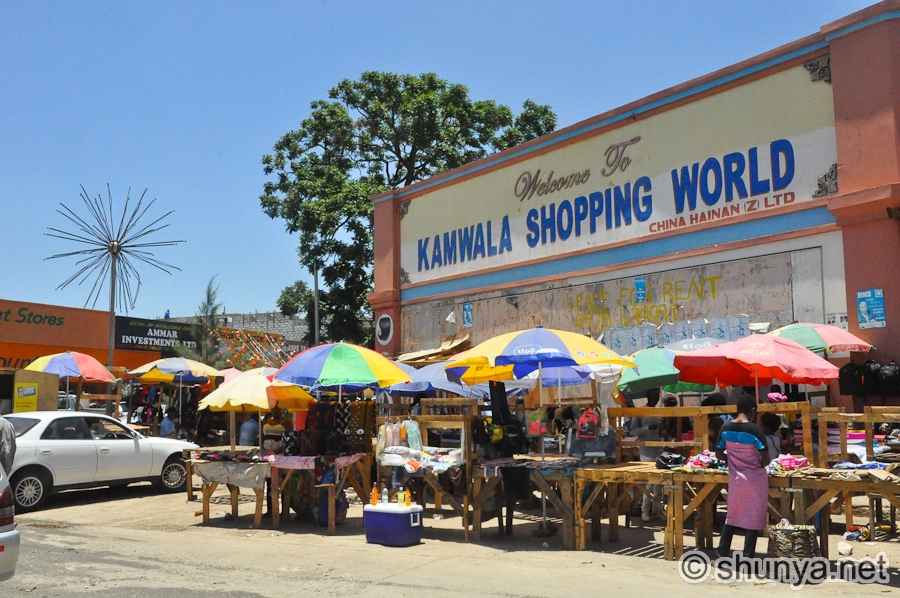Introduction
Zambia’s economy is steadily transforming, driven by reforms that promote entrepreneurship, industrialization, and investment in new sectors. As the government continues to support SMEs and youth-led ventures, 2025 presents a promising landscape for innovative entrepreneurs looking to tap into untapped business opportunities.
From agribusiness and renewable energy to tourism and digital services, there are several sectors with minimal competition but massive growth potential. This article explores the top 20 untapped business ideas in Zambia for 2025, each aligned with market trends, consumer needs, and government priorities.
1. Organic Farming and Agro-Processing
Zambia’s growing health-conscious population has created a demand for organic foods — fruits, vegetables, grains, and herbs grown without chemicals. Entrepreneurs can tap into this niche by supplying supermarkets, restaurants, and export markets.
Adding value through agro-processing — such as drying, packaging, or producing organic juice — makes the business even more profitable.
2. Solar Energy Solutions
With frequent power shortages and the push toward green energy, solar energy remains one of the most lucrative and untapped opportunities.
Invest in solar installations for homes, farms, and SMEs, or retail solar-powered gadgets like lights, pumps, and refrigeration systems. The market is growing fast as Zambians seek reliable alternatives to grid electricity.
3. Waste Recycling and Management
Urbanization has created waste management challenges in cities like Lusaka, Ndola, and Kitwe. Starting a waste recycling business — converting plastics, glass, and organic waste into reusable materials or energy — can generate revenue while protecting the environment.
There’s also potential in offering waste collection services to residential and corporate clients.
4. Aquaculture (Fish Farming)
Zambia’s demand for fish far exceeds supply. Tilapia farming and catfish farming are profitable ventures, especially with access to local water resources.
Entrepreneurs can also expand into fish feed production, packaging, or processing for the export market.
5. Smart Farming Technologies
Technology in agriculture remains underutilized. Startups can provide digital platforms that help farmers monitor crops, access market prices, or manage irrigation systems using mobile apps and IoT devices.
This is an emerging niche that can attract funding and partnerships from NGOs and agricultural organizations.
6. Construction Materials and Hardware Supplies
With increased infrastructure development, demand for construction materials such as cement, tiles, steel, and plumbing supplies continues to rise.
Local production or distribution of affordable materials can be a solid business — especially in rapidly developing towns and mining areas.
7. Affordable Housing Development
The housing deficit in Zambia exceeds 1.5 million units, and the gap continues to widen. Entrepreneurs can tap into this by developing low-cost housing or offering prefabricated building solutions.
Affordable housing appeals to the growing urban working class and young families.
8. Transport and Logistics Services
Zambia’s landlocked location makes it a hub for regional trade. The logistics industry — from trucking, courier delivery, to cold-chain logistics — has enormous untapped potential.
You can start small with a delivery van or motorcycle courier service and grow into a full-scale logistics company as demand increases.
9. E-Commerce Platforms
Online shopping in Zambia is still in its early stages, with only a few dominant players. There is room for niche online stores targeting specific sectors — fashion, electronics, local food delivery, or rural supply chains.
Building mobile-friendly e-commerce platforms integrated with reliable payment systems can tap into the rising digital consumer base.
10. Mobile Payment and Fintech Solutions
With over 70% of Zambians unbanked, mobile money and digital payment innovations remain fertile ground.
Entrepreneurs can create fintech startups that offer loan apps, savings platforms, or digital wallets that integrate with local mobile money services like Airtel Money or MTN.
11. Tourism and Eco-Lodges
Zambia is blessed with natural wonders like Victoria Falls, South Luangwa, and Kafue National Park.
Eco-friendly lodges, adventure tourism, or cultural tourism experiences targeting both locals and international visitors can thrive — especially when marketed through digital platforms.
12. Health and Wellness Services
There’s growing demand for health-conscious living in Zambia. This creates room for fitness centers, wellness spas, organic restaurants, and mental health clinics.
Entrepreneurs can also invest in mobile health apps or online consultation services — a trend gaining popularity post-pandemic.
13. Event Planning and Catering
With a vibrant social culture and increasing corporate events, event management and catering businesses are highly profitable.
Specializing in niche areas like wedding planning, conference catering, or rural events can help entrepreneurs capture unique segments of the market.
14. Fashion and Local Textile Production
The Zambian fashion scene is expanding as more consumers embrace local designs and tailoring. Entrepreneurs can start clothing brands using local fabrics, offer custom tailoring services, or even manufacture school and corporate uniforms.
Adding an online store can extend your reach beyond Zambia’s borders.
15. Digital Marketing Agencies
As businesses move online, there’s a growing need for digital marketing experts who can manage social media, search engine optimization (SEO), and online advertising.
A digital marketing agency can serve SMEs, NGOs, and government projects — helping them build visibility and engage audiences online.
16. Education and Skill Development Centers
There’s rising demand for vocational and technical training in Zambia. Entrepreneurs can set up skill development centers focusing on areas such as:
- Welding and carpentry
- ICT and coding
- Agriculture and agribusiness
- Tailoring and design
Online learning platforms are also gaining traction, especially among young professionals.
17. Cleaning and Sanitation Services
From homes to offices and industrial complexes, professional cleaning services are in high demand.
Offering affordable cleaning, pest control, and disinfection services — especially in urban areas — can build a consistent client base.
18. Transport for Schools and Employees
With limited public transport options, private shuttle services for school children, workers, and companies present a great opportunity.
This business requires minimal investment in vehicles and can be scaled through partnerships with schools or organizations.
19. Real Estate Consultancy and Property Management
Many property owners struggle to manage rentals, maintain properties, or screen tenants. Setting up a property management and real estate consultancy firm can help bridge this gap.
This sector remains largely untapped, especially outside Lusaka and the Copperbelt.
20. Renewable Energy Appliances and Innovation
Beyond solar installations, there’s opportunity in manufacturing and distributing renewable appliances — such as biogas stoves, solar cookers, and eco-lighting systems.
With Zambia’s focus on sustainable energy, this business aligns with government incentives and donor support for green initiatives.
Conclusion
Zambia’s entrepreneurial environment in 2025 is full of untapped potential — from agriculture and renewable energy to digital and service industries. The key to success lies in identifying a gap, researching your market, and offering a unique solution that aligns with Zambia’s development agenda.
Whether you’re a local entrepreneur or a foreign investor, these 20 untapped business ideas in Zambia can help you build sustainable ventures that create jobs, drive innovation, and contribute to national growth.







